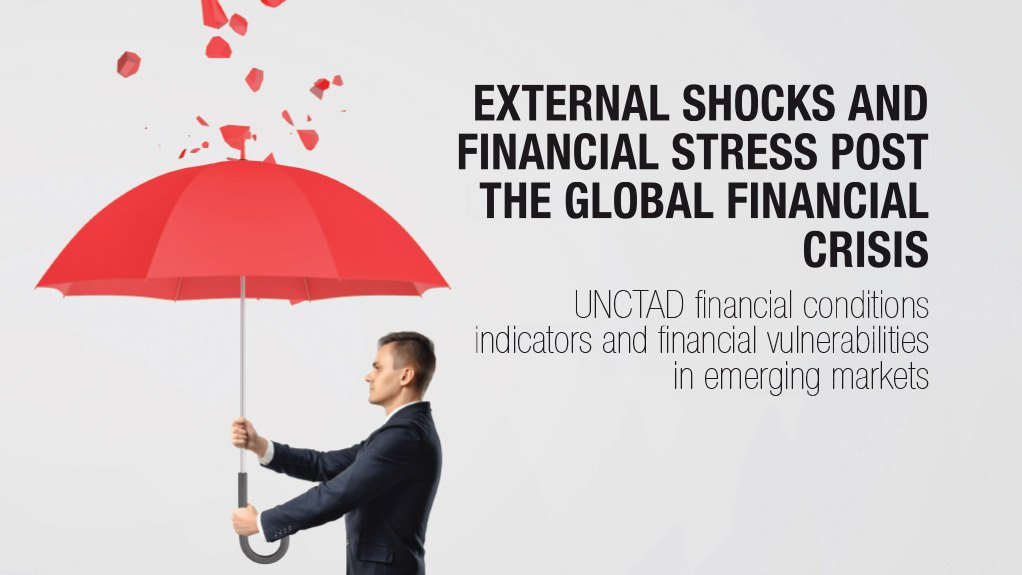- External shocks and financial stress post the global financial crisis5.19 MB
Given the idiosyncratic financial risks and weaknesses of the post-2008 era, the question arises as to what extent developing countries are equipped to deal with the many hazards in their paths.
In this context, six emerging countries have recently come under the spotlight: Argentina, Brazil, India, Indonesia, South Africa and Turkey.
Their domestic economies, which together account for 15.6 per cent of world GDP based on purchasing power parity, have been critically affected by imbalances and instabilities in the international financial realm that became particularly problematic as soon as monetary conditions in the USA were expected to tighten, sparking several episodes of drastic capital outflows alongside severe currency depreciations.
This makes fears of contagion and concerns of whether any one of these economies could turn out to be "patient zero" of a new global economic crisis all the more pertinent. Anxiety over these emerging economies is further heightened by the fact that they were thought to be adequately shielded against exogenous financial shocks. Since the end of the 1990s, and following almost 20 years of intermittent financial crises, they have been urged to embrace floating exchange rates and improve their balance sheets, mostly through strenuous efforts to build up foreign exchange reserves.
While these measures have strengthened their resilience to external shocks, they obviously fail to deliver on the promise of financial stability, especially in the current era of hyperglobalization. The growing difficulties faced by this group of upper-middle-income developing countries may also turn out to be a case study for lower-income countries, which does not bode well for the continuation of their financial integration.
The objective of this paper is to measure and track financial stress in these six fragile emerging economies in the aftermath of the global financial crisis of 2008, using UNCTAD financial conditions indicators.
The paper argues that there is a need for better tools to measure financial stress in the context of growing instabilities and complexities in international and domestic financial markets.
It then briefly presents the indicators and compares these with relevant existing indices of financial instability. UNCTAD financial conditions indicators have performed well in signalling and capturing the effects of external shocks. Over and above the latest shock arising from appreciations of the dollar and global trade tensions, the indicators picked up the Fed taper tantrum (2013), commodity price shocks (2014), the renminbi shock (2015), and volatility relating to political uncertainty in the United States and the United Kingdom in 2016, with considerable precision, given substantial data limitations.
The publication proceeds with an overview of the occurrence of financial stress episodes in the six selected economies since the onset of the global financial crisis.
It then further discusses the likelihood of a synchronization of such stress episodes across countries, the role played by external drivers of financial instability and countries' capacity for resilience to exogenous shocks.
Report by Unctad
EMAIL THIS ARTICLE SAVE THIS ARTICLE ARTICLE ENQUIRY
To subscribe email subscriptions@creamermedia.co.za or click here
To advertise email advertising@creamermedia.co.za or click here











